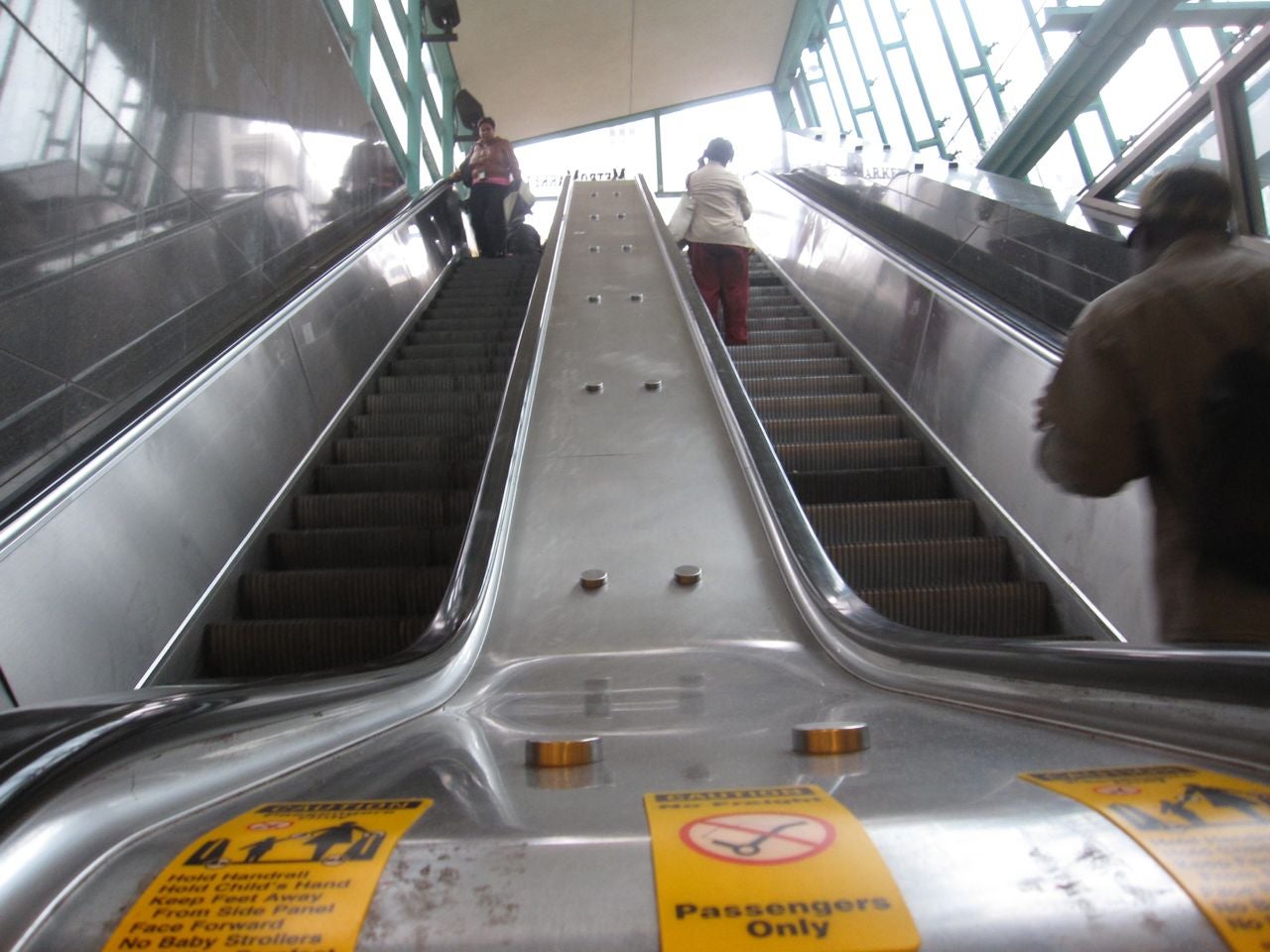SEPTA dealt another blow in elevator lawsuit

A disability-rights group won a major victory in a nearly eight-year legal battle against SEPTA today.
A three-judge panel of the U.S. Court of Appeals for the Third Circuit affirmed a lower-court decision ordering the authority to install two elevators in the 15th Street subway concourse.
Disabled in Action of Pennsylvania, the advocacy group which brought the suit, argues they are required under the Americans with Disabilities Act.
A federal district court judge agreed, saying that because SEPTA had replaced an escalator and staircase down to the concourse during renovations in 1999, it was obliged to make the area accessible to the disabled. He said SEPTA had to put in an elevator at the northwest corner of 15th and Market Streets and another in the southeast corner of the City Hall courtyard.
The ADA is designed to promote incremental improvements in accessibility. While existing transit stations usually don’t have to be made accessible, the law is triggered when new construction takes place.
SEPTA had argued, on appeal, that it had met the law’s requirements because it followed federal regulations when renovating the staircase and escalator that form the crux of the case. The authority contended it didn’t have to go a step further by installing two additional elevators down to the concourse when those projects took place.
The decision, and SEPTA’s argument, hinged on whether the staircase and escalator renovations constituted an “alteration” under the ADA. Transit agencies are generally required to make facilities accessible when they make “alterations” to them, and SEPTA argued that the renovations didn’t qualify under that standard because construction didn’t impact major structural features of the area, like load-bearing walls.
The circuit court didn’t buy that argument, with the majority writing that the law is “meant to bring an end to discrimination against individuals with disabilities in all aspects of American life; it must be construed with all the liberality necessary to achieve such purposes.”
The opinion also noted that “alterations” as minor as resurfacing a road trigger ADA accessibility requirements. In that case, municipalities have to install curb cuts at intersections. In comparison with reconstructing an elevator or staircase, the opinion notes, a road resurfacing is relatively minor.
While all three judges agreed that SEPTA was required to install an elevator on the northwest corner of 15th and Market streets, Judge Kent A. Jordan disagreed that the authority had to install an elevator in the southwest corner of the City Hall courtyard.
Jordan agreed with SEPTA that, since the city owns the land on which an elevator would be built, it should have been a party to the lawsuit.
The majority said Disabled in Action already had made a separate agreement with the city concerning the elevator and that the city knew about the suit and could have intervened if it opposed its construction.
SEPTA spokesman Richard Maloney said the authority was still “evaluating” the decision and that it was too early to tell whether it would attempt to appeal the ruling to either a full sitting of the Third Circuit or the U.S. Supreme Court.
He also said it’s too soon to know how the ruling could affect planned $100 million renovations to the City Hall station. SEPTA wants to install up to 12 new elevators as part of that project.
Though the project’s been put on hold because of funding cuts, SEPTA general manager Joe Casey has said that the authority was working to advance part of it in conjunction with planned renovations for Dilworth Plaza by the Center City District. That project is partly funded by a federal stimulus grant.
Contact the reporter at acampisi@planphilly.com
WHYY is your source for fact-based, in-depth journalism and information. As a nonprofit organization, we rely on financial support from readers like you. Please give today.



